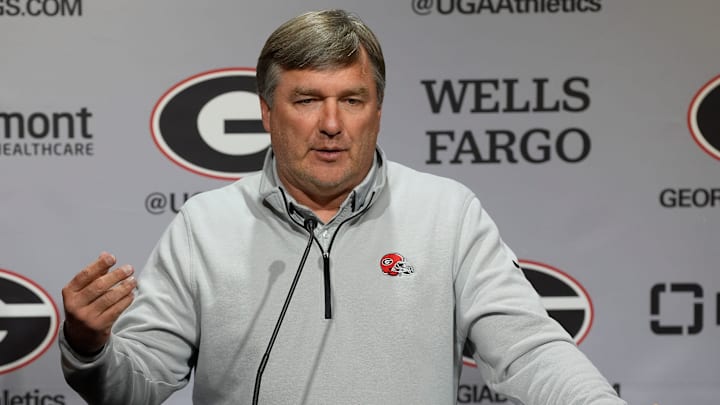College football has been the wild west in the NIL and transfer portal era, but finally, the House v. NCAA settlement that went into effect on July 1 is attempting to bring an end to the total lawlessness. The settlement allows athletic departments to pay athletes directly, but only from a revenue-sharing pool that is capped at $20.5 million (for the Power Conferences).
Outside NIL payments are still permitted, but they now have to go through a clearinghouse to ensure that they are market value and are not pay-for-play deals disguised as marketing opportunities.
The teams that organized their NIL collectives earliest had the most success in the early NIL era because they were able to outspend their opponents, particularly on the recruiting trail and transfer portal market. Now, that advantage has been leveled, with every program operating with the same revenue-sharing budget, so head coaches and general managers are scrambling to find a way to get a leg up in the new environment.
The most obvious place to look for an advantage is with outside NIL funding that will get through the clearinghouse. To compete in that market, Georgia has announced a new partnership with Learfield to handle most of its athletes’ NIL opportunities.
Georgia announced new partnership with Learfield to replace its NIL collective
Founded in 1972 as a farm radio network in Missouri, Learfield has adapted into one of the leading media and technology companies in college athletics with the mission of “Powering the connection of fans to the brands and experiences they love.”
Learfield partners with 137 colleges in some capacity, now including the Georgia Bulldogs, but just because the SEC powerhouse wasn’t first to this model, which will effectively replace its Classic City Collective, doesn’t make it any less scary for the rest of the conference and college football.
With so much high school football talent in and around the Atlanta area, Georgia was long a sleeping giant before Kirby Smart arrived. Then, Smart tapped into those resources and rode them to a national championship. Now, with the Bulldogs as perennial title contenders, if the athletic department has found another way to get their athletes paid beyond the revenue-sharing money, then there’s no reason to believe that Georgia football will be knocked off its perch anytime soon.
